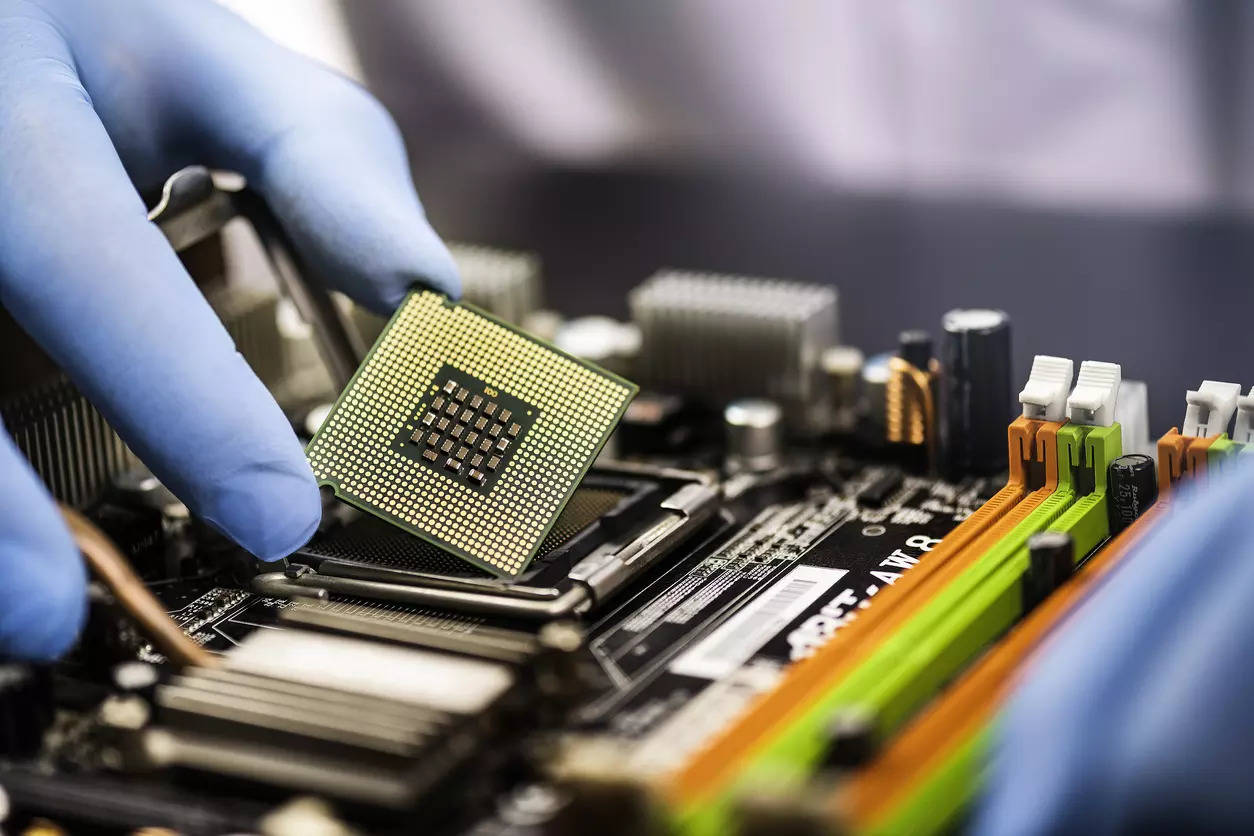
Semiconductor supply chains in Asian countries such as India, China, Malaysia, Taiwan, Vietnam, and Indonesia are becoming more significant over time for Intel, the company’s chief executive officer Pat Gelsinger said.
“With our footprints in Malaysia and the vast supply chains in China and Taiwan, and areas like Vietnam, Indonesia, and India are now becoming more significant. As these projects start coming online with their manufacturing capabilities, we will have a robust Americas supply chain, and robust supply chain in Europe and Asia,” Gelsinger said, responding to a question from ET.
Intel, he said, was uniquely positioned to benefit from these supply chains across the world and wanted to be in a position where the company would have semiconductor fabrication or packaging and manufacturing units in all these geographies.
Earlier in the day, Gelsinger said that the company would invest more than USD100 billion over the next five years to augment its semiconductor capacities in the US. In 2022, the company had announced it would build one of the largest chip fabrication plants globally in Ohio with a total investment of USD100 billion. The initial investment in the plant would be USD20 billion, Gelsinger had then said.
With the rise of computing powers and the need for better, inexpensive computing solutions rising globally, semiconductors and processors would determine the future of geopolitics, he said.
As companies pile up the innovations in chip design and manufacturing, the performance per unit of energy must become an “industry mission” he said.
Apart from the investments in the US, Intel is also working with original design manufacturers (ODMs) and other manufacturing partners in Guadalajara in Mexico, Ireland, and Israel and in newer areas such as Poland and Germany, Intel’s top boss said.
On Tuesday, Gelsinger also announced that Intel would launch on December 14 this year a new processor chip for laptops that would have the capabilities to run generative artificial intelligence (Gen AI) chatbots locally on laptops and computers instead of the Gen AI chatbot needing to connect to cloud systems.








